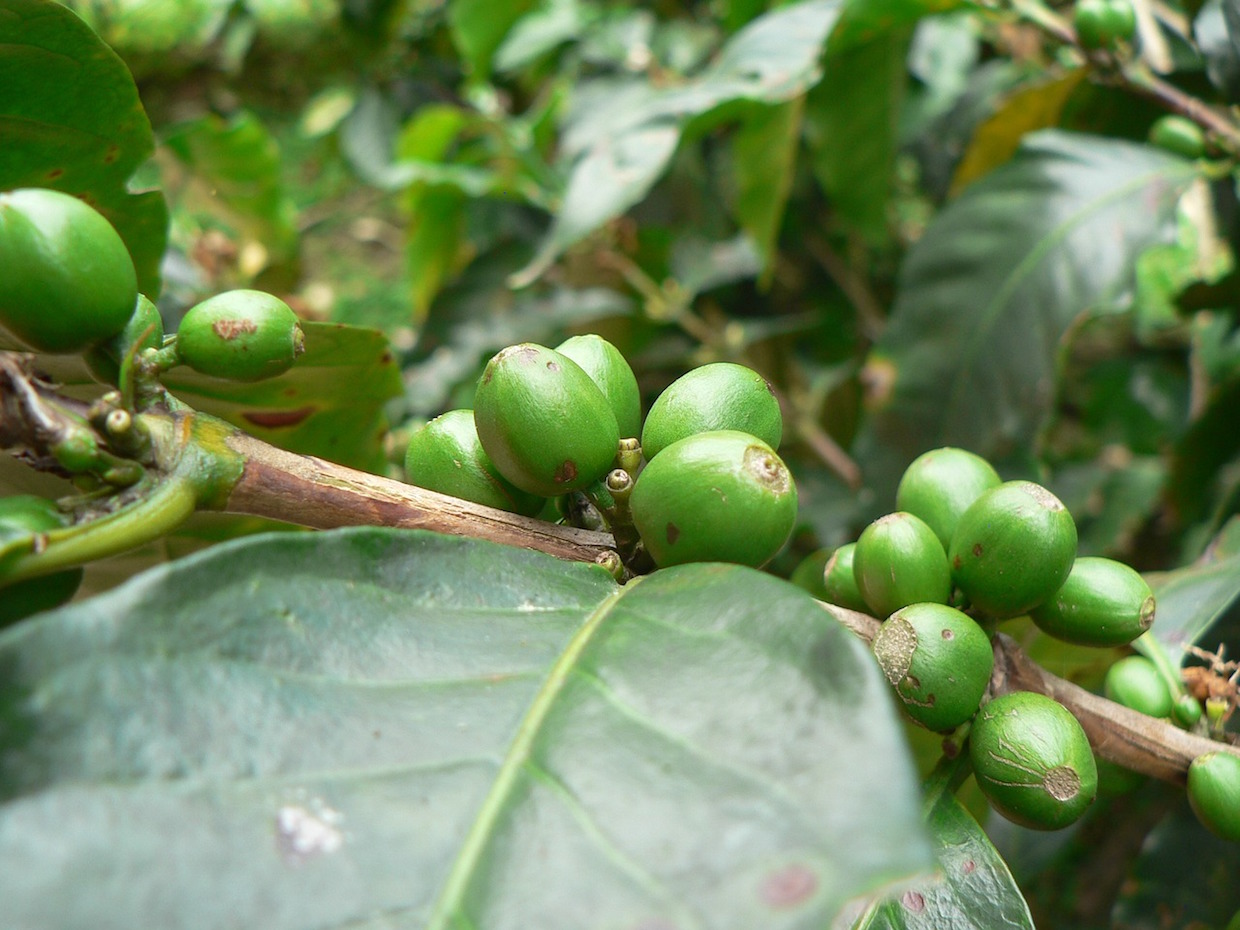The Vietnamese government has approved a VNĐ170 billion (approximately US$7.5 million) five-year coffee sector development project designed to improve quality, increase exports and develop a premium Vietnamese coffee brand.
Approved by the Ministry of Agriculture and Rural Development, the project will launch next year and run through 2023, with approximately $4.8 million in funding coming from the government and the remainder coming from private and state-owned parties in the coffee sector.
A goal of the program is to add 5 percent to the country’s total coffee value by 2020, and 7 percent by 2023, combining both increased arabica production and increased robusta production. Vietnam has grown to become the world’s second largest coffee-producing country in the world, behind only Brazil, largely due to the proliferation of private- and state-owned robusta plantations over the past two decades.
This project will involve the construction of “large-scale, high-quality growing areas, with updated drying systems, storage facilities and processing plants,” according to an announcement this week by the agriculture ministry, which estimates that each designated areas will have the capacity to produce 2.7 tons of robusta or two tons of arabica per hectare.
The project also centers around the marketing of Vietnamese coffee, both domestically and for the purposes of increasing exports at higher prices. The ministry predicts that Vietnam will reach $3 billion in exports this year.
Nick Brown
Nick Brown is the editor of Daily Coffee News by Roast Magazine.







Comment